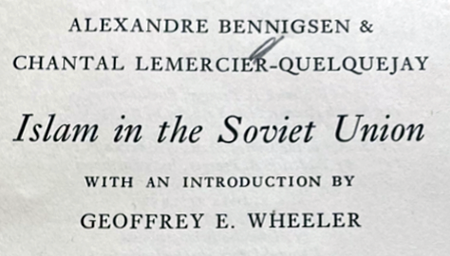We are happy to announce the next presentations of the Visegrad Scholarship at OSA and the CEU Budapest – OSUN Postdoctoral and Doctoral Fellowships. Join the event in person in CEU’s Nádor 15 building, Room 101, or online following the link below!
The presentation will be held at 11:00 am on Monday, October 10, 2022, in person at CEU’s Room 101 in N15 and online. The Zoom link of the meeting is: https://ceu-edu.zoom.us/j/97903706757?pwd=NWRVSmMzUWdJZWl3dlZWRTdYSjhnQT09
Memory as Facilitator of Dialogue: How Can Local Archives Contribute to a Constructive Dealing with Past Process?
It is the year 1992. Testimonies about inhuman treatments, rapes, mass executions, detention facilities known also as death camps, are echoing in Western media, moving the international community to act. Little is known that most of those shocking images came from Prijedor, a city in north-western Bosnia and Herzegovina. After 25 years, 161 accused, 90 sentenced, 4650 witness testimonies, 10 800 trial days and 2,5 million pages of transcripts, and zero fugitives remaining, in December 2017, the International Criminal Tribunal for the former Yugoslavia (known as the Tribunal) closed. Maybe the most important legacy of the Tribunal is the colossal collection of documentation and the archive marking the war in Bosnia and Herzegovina as one of the best-documented war in human history. Yet, in order to understand the full history of the war, in particular local communities, one has to look beyond the Tribunals’ collection, finding ways to constructively use existing collections.
Therefore, the leading question for this research is the potential of emerging local archival initiatives, such as the Prijedor Archive Initiative, in facilitating dialog in communities who have faced mass violations of human rights in the past. By looking closer into the Blinken OSA collections consisting of journalist reports, official government communications, reports on human right abuses, forced migration and missing persons, the materials allow the greater understanding of the scope of crimes committed in Prijedor. The focus of this research was on early testimonies, news reports, and articles, with the aim to find mentions of “White ribbons.” The white ribbons are referring to an act from May 31, 1992, when the non-Serb population of Prijedor has been ordered to mark themselves with white ribbons when leaving their houses. From a symbol of discrimination and dehumanization, the white ribbons have become a symbol of fight against war crime denial and the right for using public space in commemorating innocent victims such as children in Prijedor.
Blinken OSA as a Place to Study Central Asian History
Is Blinken OSA a useful place to study Central Asia? What kind of archival evidence can it offer and what research questions can scholars explore here?
Throughout the Cold War, Central Asia was one of the principal areas for Radio Free Europe’s research and propaganda efforts. It collected and surveyed Soviet press and television, Communist Party documents, biographical files, samizdat and magnitizdat of all sorts. These collections formed the foundation of the Cold War scholarship on Central Asia exemplified by authors such as Alexandre Bennigsen, Teresa Rakowska-Harmstone, Colonel Geoffrey Wheeler, to name a few. They were, in a way, pioneers of Western knowledge about Islam in the USSR who entrenched the notion of the Soviet Empire in Western academia. As a result, Soviet Muslims, as never before or afterward, emerged as an oppressed category earmarked for liberation efforts. The anticipated fall of the “Red Empire,” was henceforth believed to be in the hands of the Soviet Muslimhood.
Despite the commitment with which RFL collected its Central Asian corpus from the 1950s, the archive has been undeservedly overlooked by the scholars of this region. In his talk, Faruh Kuziev will reflect on his research experience at Blinken OSA as an OSUN Doctoral Research Fellow, share valuable insights on how the Archives can help new research projects, and present some of his own archival findings illuminating various ways in which Soviet Central Asians lived and practiced their faiths in the period of late Socialism.


